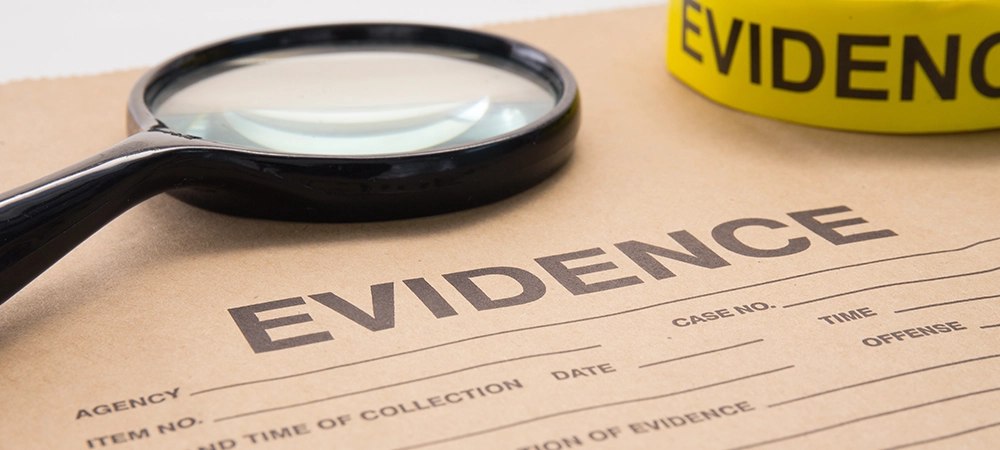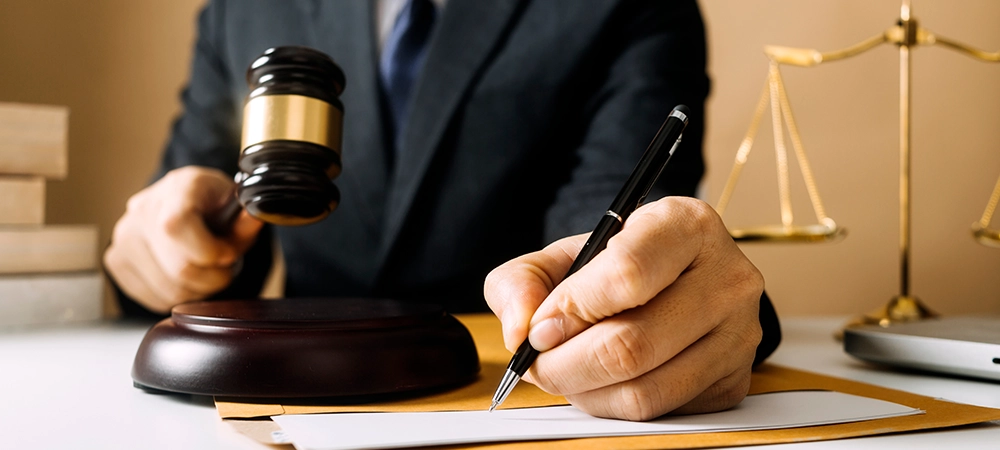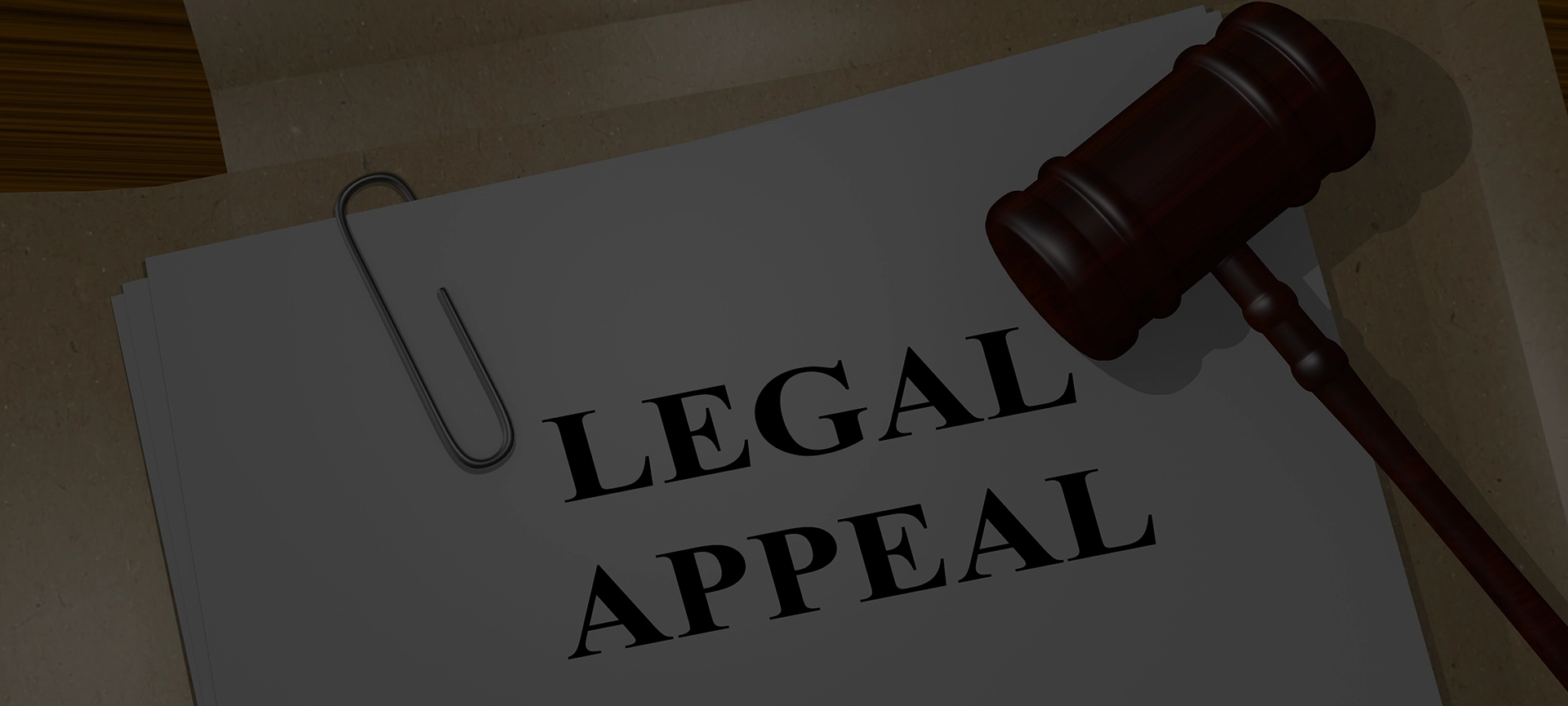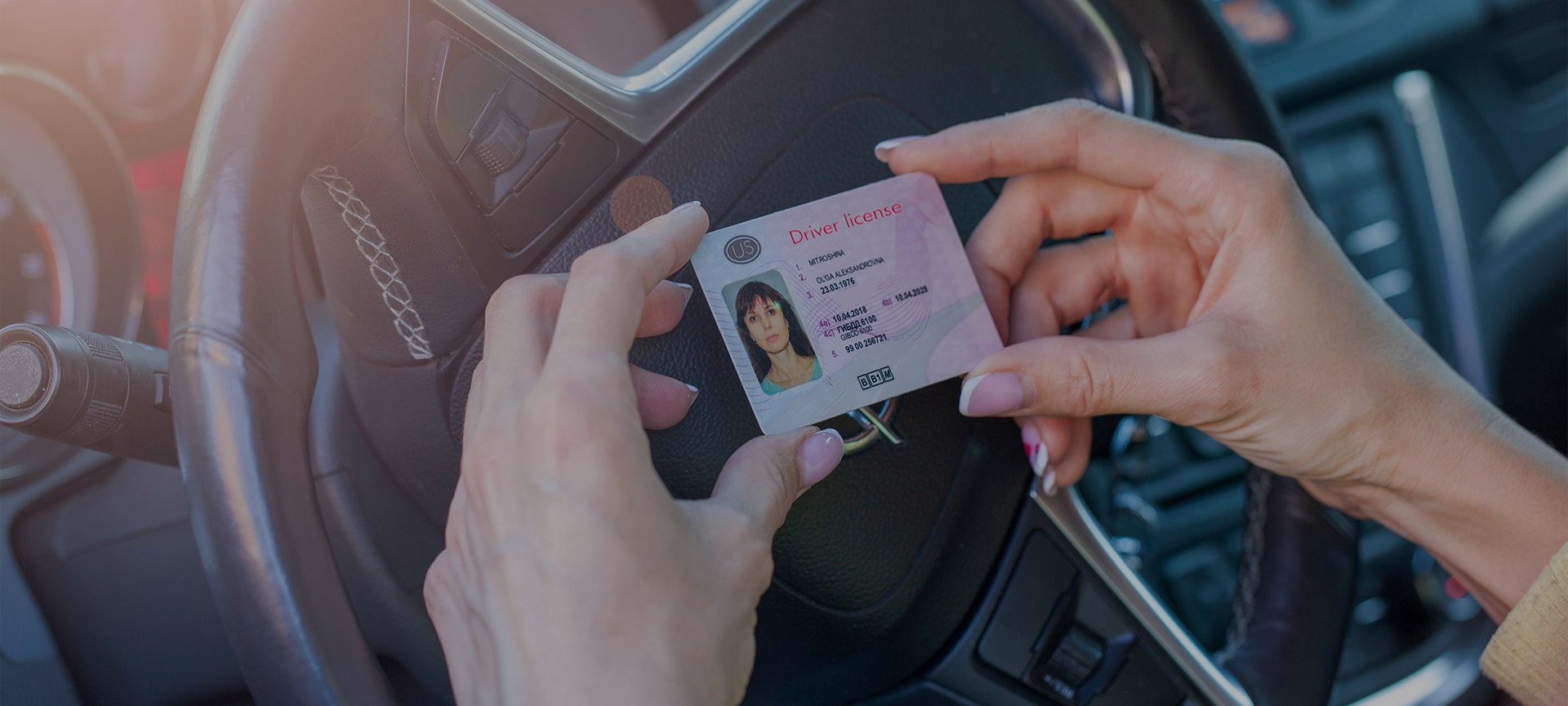Legal processes are often complex and challenging. While that is true of many aspects of law, it’s especially accurate when appealing a court decision. There are many challenges that you’ll face and you need to carefully navigate through them.
Due to this, it’s no surprise that those with minimal experience in the appeals process can make mistakes. Crucially, some of these mistakes can significantly impact your chance of getting a successful outcome.
To ensure you avoid these mistakes, we’re here to help. We’ll not only look at five common errors but also give you some valuable tips on how to avoid making mistakes in a criminal appeal.
5 Common Mistakes In Criminal Appeals
1. Failing to File the Appeal on Time
Perhaps the most basic yet significant of the common mistakes made by defendants is not filing their appeal on time. Many defendants are unaware of the strict deadlines, and the consequences of missing them. Critically, missing a deadline can result in the forfeiture of the right to challenge the original decision.
Our Tip: As soon as your trial finishes, you need to know how much time you have to appeal. While this can change, it’s usually 30 days. It’s best to consult an experienced attorney if you’re unsure. Also, keep meticulous records and a diary of everything that is happening with your case.
2. Overemphasizing Emotional Arguments
We’ll touch on this a few more times but an appeal is about errors and not guilt. To succeed, your case needs to have a strong legal foundation. Trying to make your case solely on emotional arguments is exactly what not to do in a criminal appeal.
Our Tip: While you can convey the emotional toll the case has taken, focus first on strong legal arguments. It can be hard, but you try to stay focused on the facts. Emotional arguments should only ever complement your case instead of being the sole basis for it.
3. Insufficiently Supporting the Appeal with Evidence
As we alluded to above, an appeal is not a retrial. Rather than deciding on guilt, the court will decide whether or not a legal error has been made that affected the outcome of your case. Due to this, an appeal should only be brought forward with new evidence or strong legal arguments.
Our Tip: What is, and what isn’t an error can be complicated. It’s best to work with an attorney who’ll guide you on potential errors and how you can fight them. You can then work with them to gather the evidence needed to support your argument.

4. Ignoring Procedural Rules
Each appeal court has its own specific rules on what procedures need to be followed during the process. This can include the timings, how arguments are presented, the format of briefs, and more. Not following these procedures can seriously weaken your case.
Our Tip: When you know the court your appeal will be held in, do your research to know all of their procedural rules. Failure to follow proper procedures can lead to your appeal being rejected which is why it’s vital to have experienced legal representation.
5. Not Seeking Professional Legal Advice
In the criminal appeals case, the stakes are usually extremely high. Due to this, it’s unwise to navigate it alone. Appeals are complex and those who represent themselves often find the process challenging, and ultimately overwhelming. Specifically, you should hire a dedicated criminal appeals lawyer.
Our Tip: Find an experienced and reputable appeal lawyer who is comfortable with the intricacies of the appeals process. A knowledgeable appeals lawyer will not only help strengthen your case but also avoid all the mistakes we’ve listed above.
Insightful Read: https://www.agpllp.ca/insights/the-importance-of-hiring-a-criminal-appeal-lawyer/
Other Common Appeal Mistakes
While those are the five most common mistakes, there are also a few other mistakes that you need to be aware of.
Neglecting to Preserve a Complete Record – For a successful appeal, you’ll want a comprehensive record of everything that happened in the original trial. Not having a complete record can make it more difficult to provide a compelling case.
Failing to Consider Settlement or Alternative Resolutions – It’s important to speak to your lawyer about the best way forward. Going through an appeal may not be the best thing for you, as you may need to consider other options.
Inadequate Appeal Briefs – The appellate brief is a crucial document that outlines your arguments and supports your position. Some defendants make the mistake of creating briefs that are unclear, disorganized, or fail to effectively present their case.
Not Being Open to a Reevaluation of Strategy – As the appeals process unfolds, new information or developments may arise that require a reevaluation of your strategy. Some defendants make the mistake of sticking rigidly to their initial plan but you may need to be more flexible to get the best outcome.

Final Thoughts
For many people, the appeal is their last chance to get justice. It’s important to take that opportunity the best you can and avoid any common mistakes. Not only can these mistakes affect the outcome of the case, but they can prevent an appeal from ever being heard in the first place.
Due to this, it’s vital to get experienced and reputable legal representation. Here at AGP LLP, we have an excellent track record of successfully winning appeals. If you are looking for an appeals lawyer, get in touch today.





